25 years ago today, on 17th November 1999, the Church of Scientology were rejected tax exemption by the United Kingdom’s Charity Commission. In the landmark ruling, Commissioners decided the practice of Scientology does not benefit the public and that the organisation itself was not established “to promote the moral or spiritual welfare or improvement of the community.”
The decision was a major blow to Scientology’s bid for religious recognition, with the Charity Commission reaffirming their views on the group in a statement to Scientology Business last year. “The Commission’s decision in 1999 to refuse to register the Church of Scientology cannot now be appealed. […] The Church of Scientology is not established for the public benefit”
To mark the occasion, we thought we would revisit the 49-page ruling and comment on how it has impacted Scientology’s UK operations over the last 25 years.
For context, Scientology were granted tax exempt status in the United States by the Internal Revenue Service (IRS) in 1993, which fully recognised the Church of Scientology and many of its related entities as 501(c)3 charitable organisations. Three years later, in September 1996, Scientology filed an application for charity status in the UK. However, in the United Kingdom groups must pass a public benefit test which assesses whether they are carrying out charitable activities for the public good.
Applications are scrutinised by the Charity Commission and every aspect of the organisation is meticulously analysed, from its corporate structure and governing document to how its trustees intend to meet its “charitable aims.” On granting of charity status, organisations are required to submit evidence annually of their charitable activities and how they have benefited the public, with the Charity Commission acting as a government regulator.
Scientology’s application took three years to assess, with the Commissioners finally publishing its decision on 17th November 1996.
Conclusion
The Commissioners having considered the full legal and factual case and supporting documents (including expert evidence) which had been put to them by CoS and having considered and reviewed the relevant law, taking into account the principles embodied in the European Convention on Human Rights (ECHR), the Commissioners concluded that CoS is not established as a charity and accordingly is not registrable as such. In so determining the Commissioners concluded as follows -:
CoS is not charitable as an organisation established for the advancement of religion because having regard to the relevant law and evidence:
(a) Scientology is not a religion for the purposes of English charity law. That religion for the purposes of charity law constitutes belief in a supreme being and worship of that being (section 6, pages 12 to 25). That it is accepted that Scientology believes in a supreme being (section 6, page 25). However, the core practices of Scientology, being auditing and training, do not constitute worship as they do not display the essential characteristic of reverence or veneration for a supreme being (section 6, pages 25 to 26).
(b) That even were CoS otherwise established for the advancement of religion, public benefit should not be presumed given the relative newness of Scientology and public and judicial concern expressed – ie the presumption of public benefit available to religious organisations as charities was rebutted (section 8, pages 40 to 43); and that
(c) Public benefit arising from the practice of Scientology and/or the purposes of CoS had not been established (section 8, pages 43 to 44 and pages 47 to 48).
CoS is not charitable as an organisation established to promote the moral or spiritual welfare or improvement of the community because having regard to the relevant law and evidence:
(a) The practice of Scientology and the purposes of CoS are not analogous to the legal authorities establishing the moral or spiritual welfare or improvement of the community as a charitable purpose (section 7, pages 26 to 29), and in taking a broader view of the authorities, would not be likely to achieve such a purpose (section 7, pages 30 to 37).
(b) That even were CoS otherwise established for the promotion of the moral or spiritual welfare or improvement of the community, public benefit arising out of the practice of Scientology and/or the purposes of CoS had not been established (section 8, pages 45 to 47 and page 49).
Decision of the Charity Commissioner (England and Wales), 17th November 1999
Three months earlier, on 8th August 1996, Scientology lawyer Peter Hodkin filed documents with Companies House which incorporated a new entity called ‘Church of Scientology (England and Wales)’, which would become the UK operating arm upon granting of charity status. Despite not being successful, this entity still exists to this day and files annual accounts with Companies House and narrowly avoided being struck from the company register in 2009, 2011 and 2012.
Here’s what its governing document states:
The Charity’s object is the advancement of the Scientology religion and in particular but not so as to limit the generality of the foregoing:
Memorandum of Association, Church of Scientology (England and Wales), 8th August 1996
- the espousal, presentation, propagation and practice of, and the ensuring and maintaining of the purity and integrity of, the religion of Scientology;
- the advancement of the religious and other charitable work of Scientology Churches and Missions in England and Wales
- the maintenance of the fabric and furnishings of Scientology Churches and Missions in England and Wales;
- the production, publication and dissemination of Scientology religious works;
- the advancement of religious education in accordance with the doctrines and practice of Scientology.
In 2023, it reported to have no employees and just £20 in assets. Scientology’s UK operations continue to be accounted for through an Australian-registered non-profit called ‘Church of Scientology Religious Education College, Inc.’ (COSRECI). As a result, it is required to pay Corporation Tax on its profits although its careful accounting practice of reporting over $100 million in debts owed to other Scientology entities means the organisation has been operating at a huge loss for the last several decades.
Nonetheless, the Church of Scientology seems to have not given up hope of one day achieving charity status in the United Kingdom. In 2013, Peter Hodkin’s daughter Louisa and nephew of famous author Neil Gaiman, Ale Calcioli, took a case to the Supreme Court in order to get married at their place of work, the Church of Scientology London. The ruling redefined religion in British law and resulted in Scientology chapels being recognised as places of worship, and a subsequent 10-year legal battle with HM Revenue and Customs over the impact this has on their tax liabilities.
Places of public worship are exempt from paying business rates in the UK and as we reported last year, a judge had ruled Scientology chapels were not eligible for tax relief – although the Supreme Court decided they were a place of worship, it didn’t determine “whether that worship was public”. But after an appeal to a specialist valuation tribunal it was concluded in January 2023 that although the buildings were largely empty, the Church does “actively invites non-Scientologists” to take part in its services and as such, was granted partial tax exemption.
The prospect for Scientology gaining full charity status, however, remain slim. The Charity Commission’s 1999 ruling suggested that even if the circumstances around Scientology’s religious status were to change, “public benefit should not be presumed.” It referenced “public and judicial concern” and made clear that the practice of Scientology itself does not benefit the public.
The Commissioners considered that even if a member of the public could attend an auditing and/or training session other than as a participant but rather as an observer, these Scientology services are by their very nature directed to the particular individual receiving them. Auditing appears akin to a form of counselling and is described by Scientologists who receive it as “counselling”.
It is directed to the private needs of the individual receiving it. The Commissioners found it difficult to see how the public could be edified or otherwise benefited by attending and observing at such a session.
Both the above factors – that Scientology services are conducted in private, and are in their nature private being directed to the needs of the private individual in receipt of them seemed to the Commissioners to indicate that these actual activities are of a private rather than a public kind. In any event it seemed to the Commissioners that any benefit to the public that may flow from auditing and training is incapable of proof, any edification or improving effect being limited to the private individual engaging in the auditing or training. Accordingly, the Commissioners concluded that these activities conferred no legally recognised benefit on the public.
Decision of the Charity Commissioner (England and Wales), 17th November 1999
But that doesn’t mean they won’t try.
25 years later, Scientology continue in their efforts to establish legitimacy at every opportunity, claiming recent protests outside their UK headquarters which called for an end to abuse in its organisation amount to “religious discrimination” and “bigotry” and should be banned through a Public Spaces Protection Order (PSPO).
At last month’s gathering of the International Association of Scientologists (IAS), Saint Hill hosted a private dinner for local dignitaries despite global criticism of their attempts to stifle protestors and failure to comply with planning regulations. Scientology Business has seen evidence Steve Barnett (East Grinstead Town Council), Dick Sweatman (Mid-Sussex District Council), Tony Scott (East Grinstead Town Council) and former East Grinstead Mayors Christine Mainstone and Danny Favor were all in attendance.
£50,000 cheques were also given to East Grinstead Rugby Club and the Sports and Leisure Centre which neighbour their Saint Hill property.
But for now, Scientology remains a business in the eyes of the UK government and as such, it must pay tax on its profits.
Journalist Tony Ortega (The Underground Bunker), who has been reporting on the Church’s activities since 1995, tells us: “Scientology may have reached its greatest size and influence as the 1990s began. But the seeds of its long gradual decline also began in that decade. The Time magazine cover story in 1991 and subsequent litigation was a major blow, for example. And I think the UK Charity Commission was another. It was a rare instance of a government body standing up to an organization that had a scary reputation. Twenty-five years later, Scientology is really struggling to keep its doors open. And maybe if a few more government agencies did their jobs, this harmful racket posing as a religion will be investigated for its very real abuses.”
Former Scientology spokesperson Mike Rinder, who was heavily involved in the 1996 application for charity status, says “Scientology will NEVER gain charity stays in the UK because it will never be able to prove any public benefit – because there is none. Only PR videos — but when there is is a verification entity, the PR is useless. 25 years down, an eternity to come…”
You can read the Charity Commission’s 1999 ruling in its entirety, and its September 2023 statement in full below.
Support independent journalism! This website is entirely independent and reader-funded.
Please consider helping to keep it up and running with a donation.

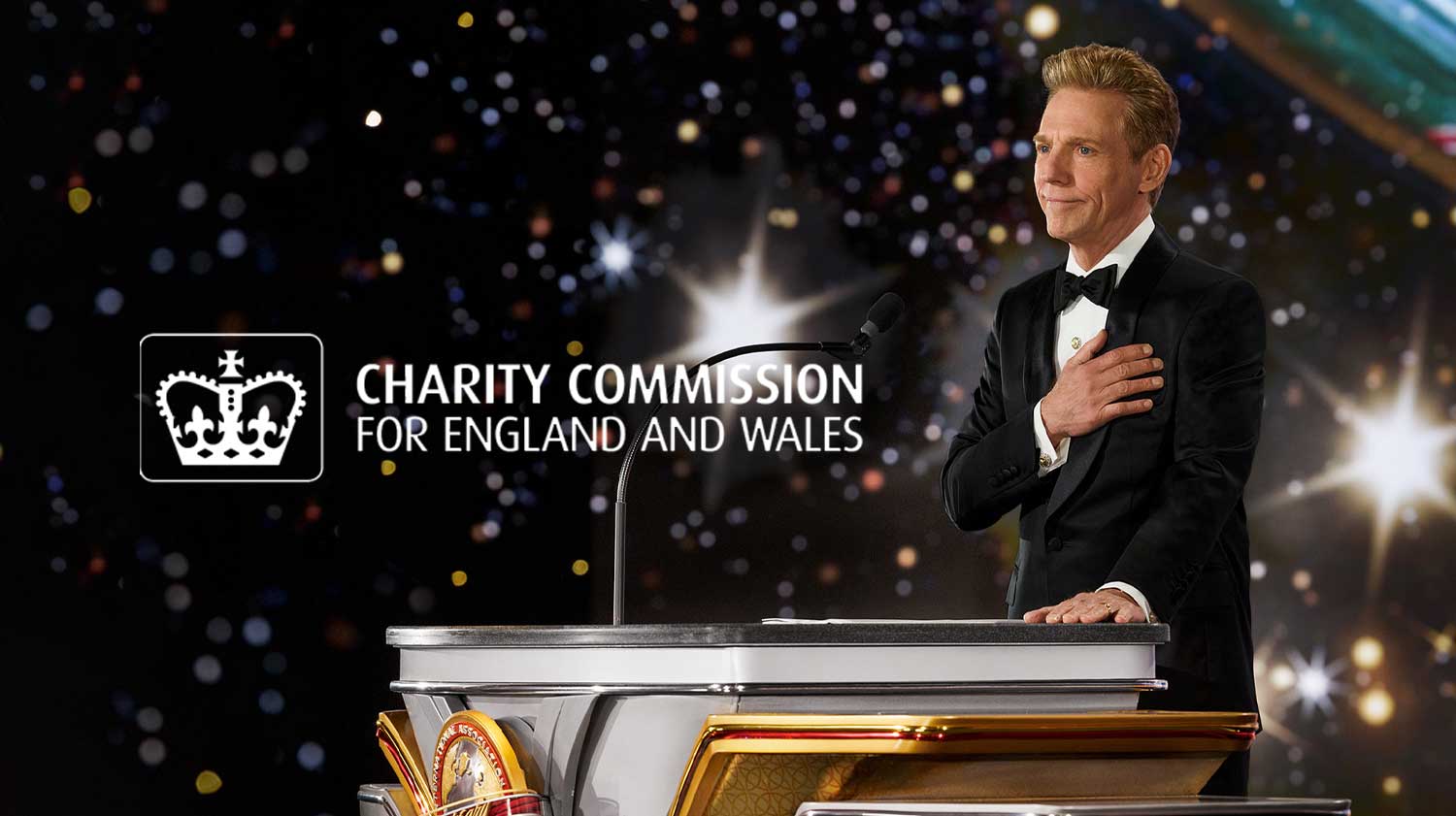
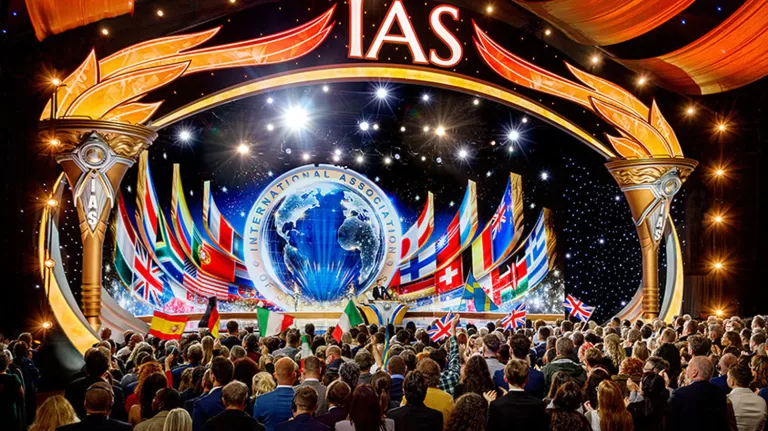


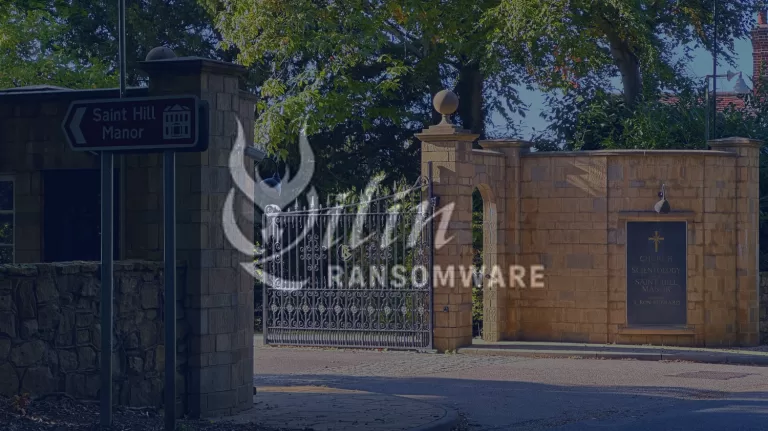


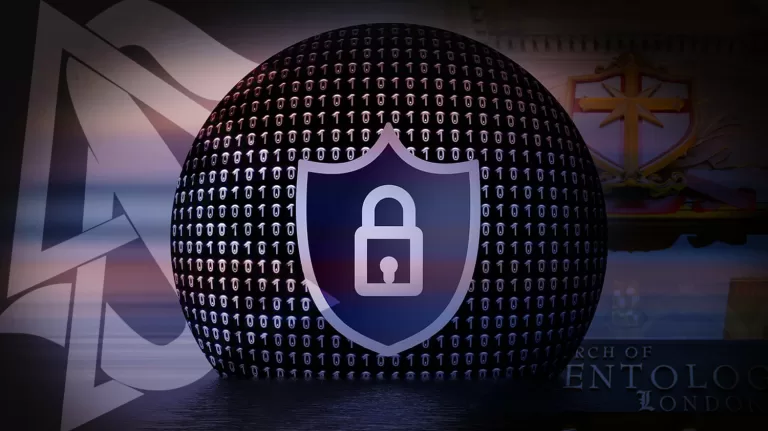
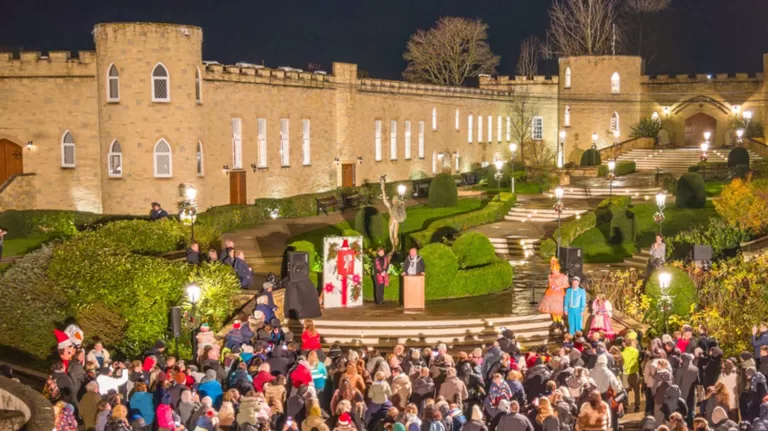
[…] and stands to this day. And lets not forget the Charity Commission’s 1999 ruling, which was reaffirmed in 2023 in a statement clarifying their position that “Scientology does not benefit the […]
[…] efforts to establish specific individuals who could be targeted in their campaign for recognition. Their application was rejected in 1999 after it was determined “Scientology does not benefit the […]
Scientology did indeed fail in its application for charitable status because it provided no public benefit. However, there was another reason, which would have been sufficient grounds for refusal, too.
The charitable service has to be freely available to the public. Scientology is a pay-as-you-go proposition. You learn its doctrine through courses, which you have to pay a fixed fee for. Consequently, it could never satisfy that condition. It would be like the Catholic Church charging to tell you about the doctrine of redemption.
One or the other was enough to doom their application. When both were referenced by the Charity Commissioners, even the notoriously litigious Church of Scientology didn't bother to appeal.
Although this was considered by the Charity Commission, my understanding is they heavily (and somewhat successfully) combatted the point that auditing & training costs money by exaggerating the importance of free things like Sunday Service and Volunteer Minister touch assists. That is how they managed to win the 2023 legal case – on the basis anybody could (allegedly) walk into a Church of Scientology and attend a Sunday Service for free. The pivotal thing was the way the Charity Commission spent three years carefully analysing exactly what auditing and training entails, and ruled that the practice itself is inherently private and therefore does not carry a public benefit. And so as such, even if Scientology were to make auditing free they still wouldn’t satisfy the requirements for charity status. It is nothing short of brilliant on the part of the Commission.
I concede the point 🙂 That is clever.
Still, there is a practical difference between being able to walk into (for example) a church at any time and freely participate in their activities for nothing, and the situation in an Org. In the latter, everything has a price tag, and the operation can be a viable for-profit business.
Defending that with isolated examples like 'Sunday Services' is typically disingenuous. Plymouth Org advertises regular Sunday Services. I've never seen one underway, not heard of anyone who has, and would not be welcome to attend. Perhaps the CofS gets away with more, now because authorities don't have the resources to delve into the matter as thoroughly as the Charity Commissioners could (and did).
Of course, the CofS also misrepresents their victories – for example, winning the right to solemnise marriages is presented as some kind of official recognition on the part of the UK Government that Scientology is a bona fide religion. This is legally and constitutionally impossible.